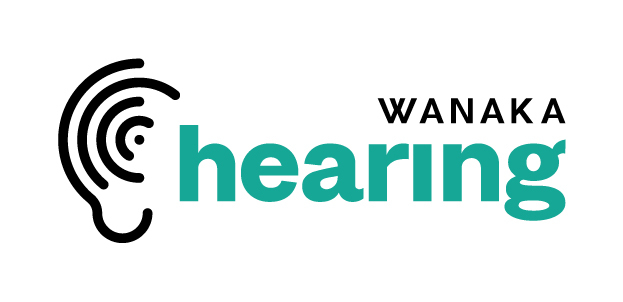Health Consequences of Noise-Induced Hearing Loss (Health)
Wanaka Hearing
17 August 2020, 8:45 PM

Noise-induced hearing loss is a workplace hazard for many. It might seem convenient to leave the earplugs at home, but that choice can have long-term consequences for your hearing and overall health.
Occupational noise-induced hearing loss (ONIHL) is a one of the most common internationally-reported diseases. The type of work, duration of exposure, and magnitude of noise can drastically alter the effects on the auditory structures and hearing loss. For example, agricultural and construction-type work with hydraulic equipment, are two professions at highest risk for severe hearing loss.
Noise exposure and tinnitus. One of the most common complaints of frequent exposure to loud noise is ringing in the ears, known as tinnitus. Studies have shown as many as 90% of individuals in high-noise work environments also report significant tinnitus. Tinnitus severity will vary from client to client but those exposed to “impulse” type noise (short bursts or blasts – consistent with noise from hydraulic equipment) tend to report higher levels of tinnitus severity.
Noise exposure and non-auditory health problems. It is well-documented that exposure to loud noise can negatively impact one’s health such as cardiovascular function (hypertension, blood pressure, heart rate), breathing, sleep, concentration, stress, and neurological function. There is growing evidence that even moderate-level noise can impact these health systems if a person is chronically exposed.
Hearing loss and quality of life. Hearing loss significantly impacts the ability to communicate. Professional and personal relationships often deteriorate because of poor communication. These relationships are critical to personal satisfaction, self-esteem, confidence, and overall mental health. Poor communication can result in loss of relationships and decline in mental health.
If you work in a noisy place, be sure you use well-fitting earplugs and add hearing checks to your annual health physical. Custom-fit earplugs offer some of the best protection for your ears. Ask your audiologist what option might be best for you.
REFERENCES
- World Health Organization. Occupational Noise: Assessing the Burden of Disease from Work-Related Hearing Impairment at National and Local Levels. Geneva, Switzerland: World Health Organization; 2004.
- Nelson, DI, Nelson, RY, Concha-Barrientos, M, Fingerhut, M (2005). The Global Burden of Occupational Noise-Induced Hearing Loss. American Journal of Industrial Medicine; 48(446-458).
- Axelsson, A, Sandh, A (1985). Tinnitus in noise-induced hearing loss. British Journal of Audiology, 19:4, 271-276, DOI: 10.3109/03005368509078983.
- Alberti, PW (1987). Tinnitus and Occupational Hearing Loss: Nosological Aspects. The Journal of Otolaryngology 16(1)34-35.
- Basner, M, et al. (2014). Auditory and non-auditory effects of noise on health. Lancet. 383(9925).
If you have any questions or concerns, talk to your audiologist today.
For more information on this and other hearing issues, contact the team at Wanaka Hearing, Wanaka Lakes Health Centre, tel: 03 443 0744, email: [email protected].


